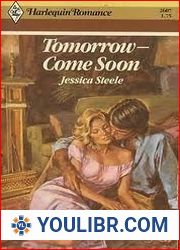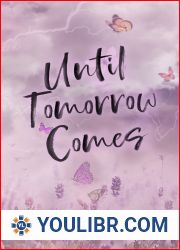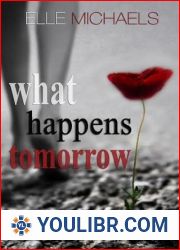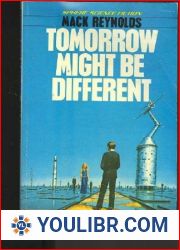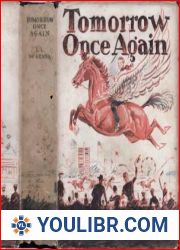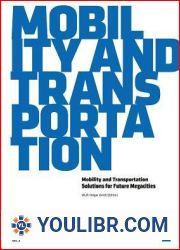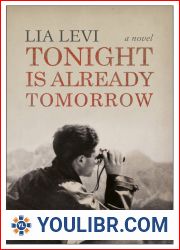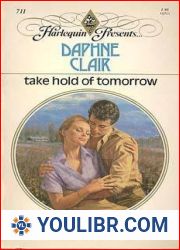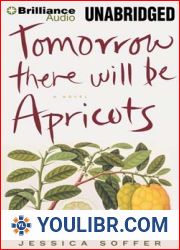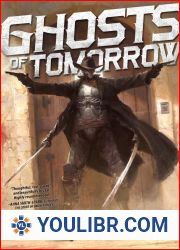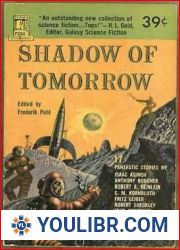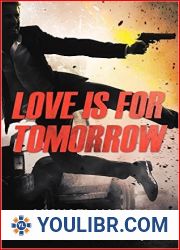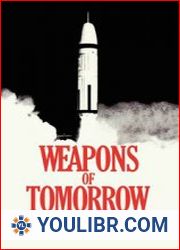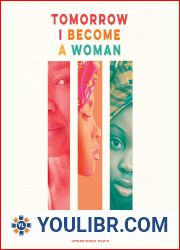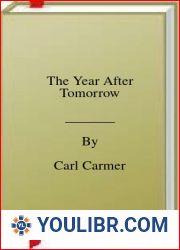
BOOKS - Tomorrow Perhaps the Future: Writers, Outsiders, and the Spanish Civil War

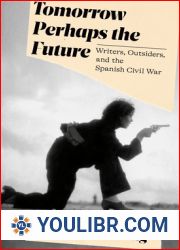
US $9.87

921927

921927
Tomorrow Perhaps the Future: Writers, Outsiders, and the Spanish Civil War
Author: Sarah Watling
Year: Expected publication May 9, 2023
Format: PDF
File size: PDF 20 MB
Language: English
Year: Expected publication May 9, 2023
Format: PDF
File size: PDF 20 MB
Language: English
An account of extraordinary artists and activists whose determination to live - and to create - with courage and conviction took them as far as the Spanish Civil WarWhat good does taking sides do? Confounded by the confrontational politics of the present day, with its threats to justice and democracy, Sarah Watling found herself drawn, surprisingly, to the Spanish Civil War. This was a conflict that galvanized tens of thousands of volunteers from around the world. In Spain, the choice seemed clear: you were either for fascism or against it. There, Watling found the stories of individuals for whom the war was a chance to oppose the forces that frightened them.While Watling sifted through archives for lost journals, letters, and manifestos, she discovered writers and outsiders who had often been relegated to the shadows of infamous men like Ernest Hemingway and George Orwell. Among others, she encountered the rookie journalist Martha Gellhorn coming into her own in Spain and the radical writer Josephine Herbst questioning her political allegiances. She found novelist Sylvia Townsend Warner embracing a freedom in Barcelona in 1936 impossible for queer women back at home in England, and, by contrast, Virginia Woolf struggling to keep the war out of her life, honing her intellectual position as she did so. For Salaria Kea, a nurse from Harlem, the war was a chance to combat the prejudice she experienced as a woman of color, but her story, like that of the Jewish photographer Gerda Taro, proved particularly difficult to resurrect from the records.From a variety of backgrounds and politics, these women saw history coming, and went out to meet it. Yet the reality was far from simple. When does tolerance become apathy? Where is the line between solidarity and appropriation? Is writing about the revolution the same as actively participating in it? With clear, personal insight, Watling reveals that their answers are as relevant today as they were then.








